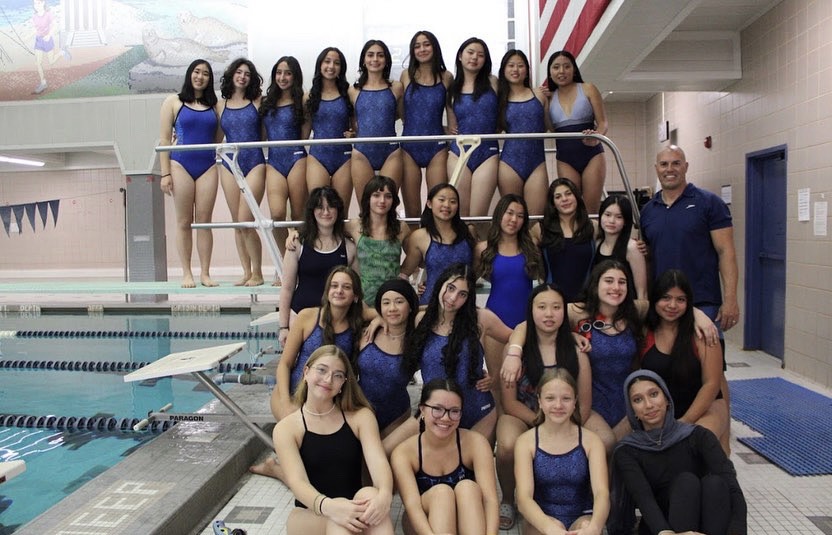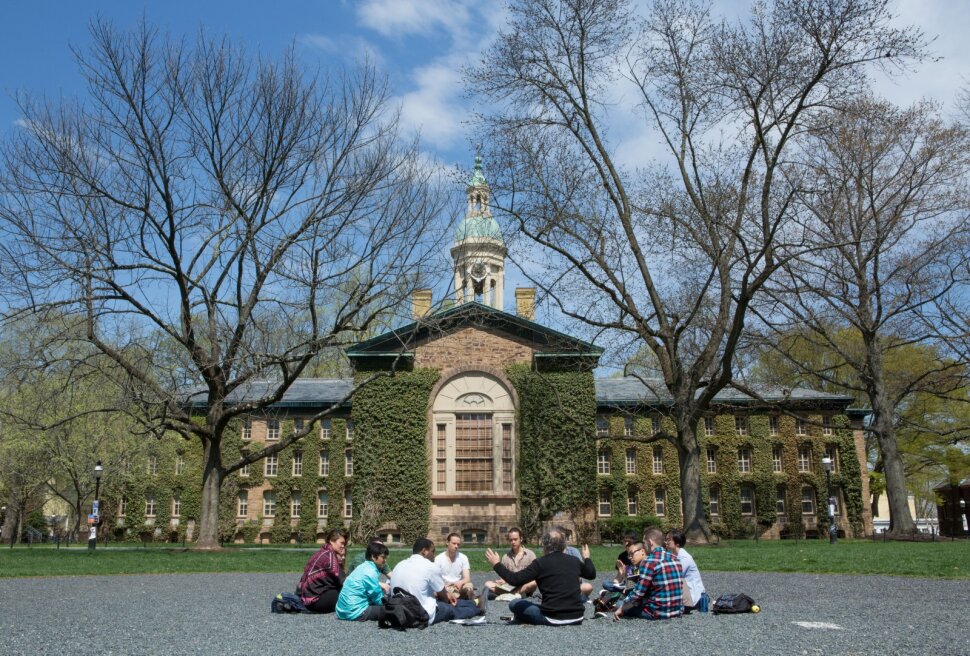As graduation season approaches, rising seniors are starting to think about the impending college application season and mull over where they will want to send their applications. Many students will, of course, want to apply to Ivy League universities, long considered the best institutions for students to attend if they eventually want to be competitive when they enter the job market.
The Ivy League schools consist of eight long-established and highly prestigious schools: Brown University, Columbia University, Cornell University, Dartmouth College, Harvard University, University of Pennsylvania, Princeton University, and Yale University.
Getting accepted into an Ivy League college may be many students’ dream when applying to college, but is an Ivy League degree really worth it? Enrollment at these schools will, without question, give students access to accomplished and renowned professors from around the world, as well as many career and research opportunities funded by the school. This access to opportunity comes with an expensive price tag, however: One year of tuition at an Ivy League school might equal four years of tuition at a public college.
Although Ivy League schools often offer a significant amount of financial aid for students in need, such financial aid packages are generally available to students from households that earn under $100,000 annually, and many students who do not qualify for that financial aid end up graduating with considerable debt that can take years to pay off.
In addition, the anxiety and stress that one might experience in a high-pressure environment must be taken into account. Researchers have also concluded that the amount of stress of an Ivy League student can be two to three times greater than that of the average college student.
Given the financial and emotional burden students risk experiencing if they attend an Ivy League, one must ask, How much does an Ivy League degree matter? And are the debt and potential mental health problems that can accompany an Ivy League education worth the payoff of being a more competitive or well-connected applicant on the job market?
“This depends on what you want to do for a living—for example, different types of lawyers,” said Fort guidance counselor Mr. Weiser. “If you want to go to a law firm dealing with multi-million dollar cases, an Ivy League degree would do the work. But if you are a neighbor lawyer, a non-Ivy League degree would be okay. It depends on the job.”
Job opportunities and education are essential, but strong connections are also what make Ivy League institutions an especially enticing option for students who know they will be entering a competitive and over-saturated workforce. “Through an Ivy League degree, you are part of an exclusive community of people you can network and collaborate with,” said Vasilios Likourezos, a Fort senior who will be attending Cornell University in the fall.
An Ivy League acceptance letter may be a dream for many people and a goal toward which some students aim to work. Everybody, however, defines success differently. You may consider yourself successful after getting an Ivy League Degree, or you may consider yourself successful because of how happy you are. Our future is in our own hands; a degree will never decide who you are, but what you make of it will.



























